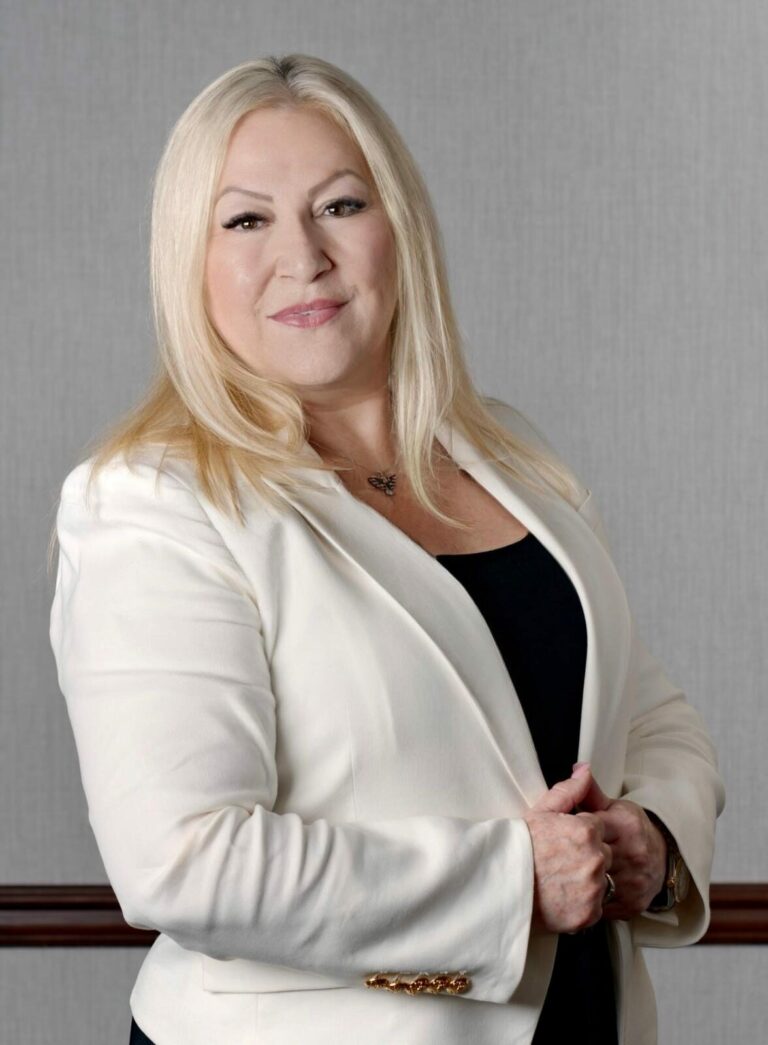Learn from female leaders when and how to say no
Knowing when to say no and how to say both no and yes effectively, requires discipline and guidance.
Eva Rosa Santos, a female leadership expert who has spent decades studying what makes employees indispensable, offers a straightforward framework for managing the flood of requests.

If you’re like most professionals, you’re constantly exposed to demands, coming from all directions, at work. Requests are coming in all shapes and sizes, both from up and down the chain of command in the organisation. The sheer pressure can split your energy in countless directions instead of allowing your focus to stay on target. Knowing when to say no and how to say both no and yes effectively, requires discipline and guidance.
Eva, a female leadership expert who has spent decades studying what makes employees indispensable, offers a straightforward framework for managing the flood of requests with grace and confidence. First, evaluate each request based on its merit, check all details to make an informed decision. If you need to decline, be ready to deliver a well-reasoned no. How do you communicate your no?
On the other hand, if you decide to say yes, make it an effective yes. Clarify how you can help, define the deliverables and lay out a clear plan for execution. A well-considered yes not only meets the requester’s needs but also nurtures your ability to serve others, add value and be effective. Both a strategic no and an effective yes are protecting your time and energy. Learn to deliver both to avoid burnout, boost your influence and elevate your professional reputation.
Women in leadership roles face unique adversities but one of the the greatest challenge is to say no when everyone is expecting you to say yes. According to a study by McKinsey & Company, women are 24% more likely than men to experience burnout due to balancing professional responsibilities with personal commitments. This statistic highlights a critical need for effective strategies to maintain well-being and productivity. One such powerful strategy is mastering the art of saying no.
Saying no is not just about declining requests; it is a vital skill that enables leaders to preserve their energy, maintain focus, and set clear boundaries. By understanding and utilising this skill, women can enhance their leadership effectiveness and create a more balanced, fulfilling life. This article explores the importance of saying no and provides practical tips to help women leaders embrace this empowering practice.
The Art of Saying No: Essential for Women in Leadership
As women in leadership roles, we often grapple with the challenge of balancing professional duties with personal responsibilities. One of the most effective strategies to achieve this balance is mastering the art of saying no. Though it may be difficult, learning to say no is crucial for maintaining our well-being and effectiveness. This is a practice I have personally embraced.
Preserving Energy
Saying yes to every request can quickly deplete our energy and resources. It’s essential to recognize our limits and prioritise our well-being. By saying no to non-essential tasks or commitments, we conserve energy for what truly matters, ensuring that we remain effective and healthy.
Maintaining Focus
Every time we agree to a new task or commitment, we divert our attention from our existing priorities. Learning to say no helps us maintain focus on our primary goals and responsibilities. This clarity enables us to achieve better results in both our professional and personal lives without judgement or fear of missing out (FOMO).
Setting Boundaries
Establishing boundaries is crucial for a balanced life. Saying no is a way of setting these boundaries, which helps prevent overcommitment and protects our time. Clear boundaries allow us to manage expectations and create a sustainable workload. People will understand and provide other options if it’s truly important to your goals.
Empowering Others
Saying no can also empower others to take on more responsibility and develop their skills. By not taking on every task ourselves, we provide opportunities for our team members to grow and contribute more significantly.
Practical Tips for Saying No
Be Assertive Yet Respectful
When saying no, be assertive but respectful. You don’t need to provide elaborate explanations; a simple, honest reason is sufficient. Don’t let your mind make you feel guilty—stand firm in your decision.
Prioritise Self-Care
Your health and well-being are paramount. Make self-care a non-negotiable part of your routine to reinforce the importance of saying no. Schedule time for self-care in your calendar.
Evaluate Requests Carefully
Before agreeing to any new task or commitment, evaluate its importance and impact on your current workload. This assessment will help you make informed decisions about what to take on and what to decline.
Practice Makes Perfect
Saying no gets easier with practice. Start by declining smaller requests and gradually work your way up to more significant commitments. With time, you’ll become more comfortable and confident in setting boundaries.
For female leaders, mastering the art of saying no is essential for balancing professional and personal responsibilities. It preserves energy, maintains focus, sets boundaries and empowers others. By learning to say no, you can create a more balanced and fulfilling life, ensuring you remain not only effective but a healthy leader. Start practising today and experience the transformative power of this simple yet powerful skill. Remember, it’s okay if it feels difficult at first—don’t punish yourself with negative thoughts. Give yourself the confidence you need to master it.
Do you want to share your story and inspire our readers ? Know that YOUR EXPERTISE is paving the way for a fairer, happier society.





